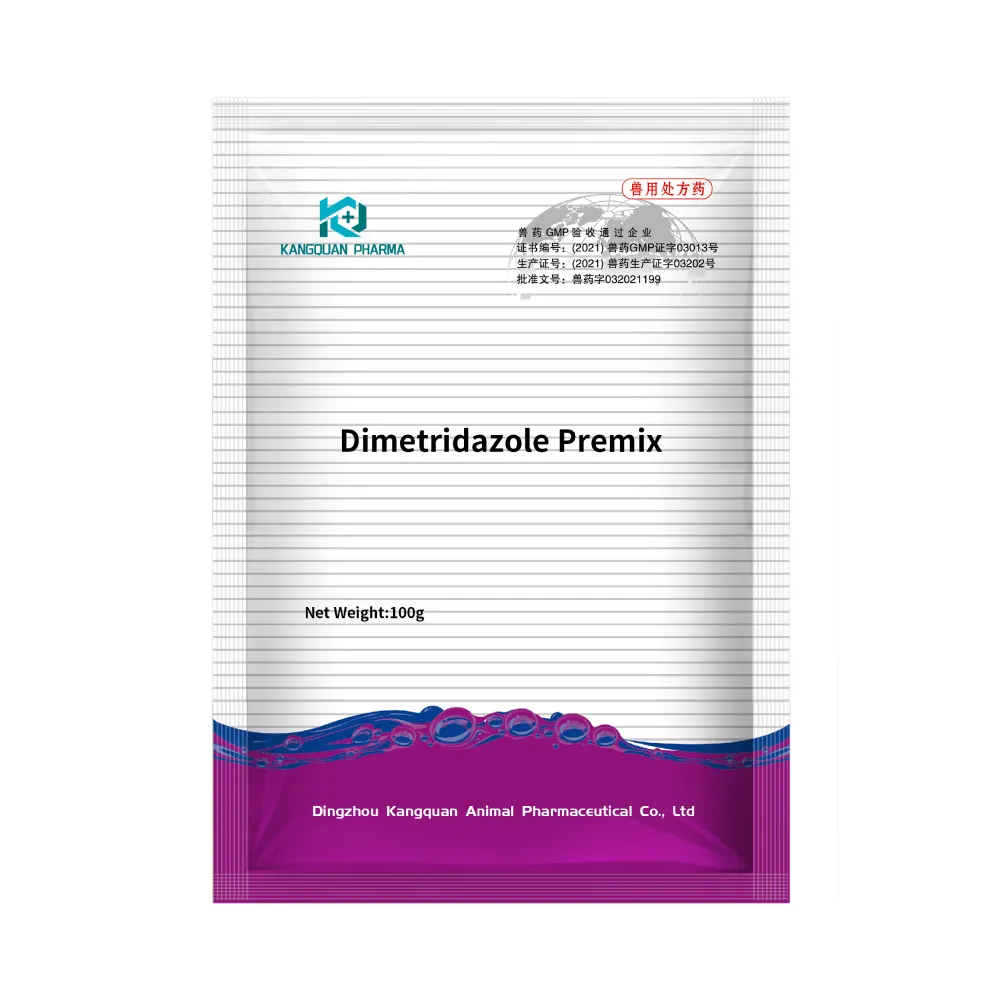- Afrikaans
- Albanian
- Amharic
- Arabic
- Armenian
- Azerbaijani
- Basque
- Belarusian
- Bengali
- Bosnian
- Bulgarian
- Catalan
- Cebuano
- Corsican
- Croatian
- Czech
- Danish
- Dutch
- English
- Esperanto
- Estonian
- Finnish
- French
- Frisian
- Galician
- Georgian
- German
- Greek
- Gujarati
- Haitian Creole
- hausa
- hawaiian
- Hebrew
- Hindi
- Miao
- Hungarian
- Icelandic
- igbo
- Indonesian
- irish
- Italian
- Japanese
- Javanese
- Kannada
- kazakh
- Khmer
- Rwandese
- Korean
- Kurdish
- Kyrgyz
- Lao
- Latin
- Latvian
- Lithuanian
- Luxembourgish
- Macedonian
- Malgashi
- Malay
- Malayalam
- Maltese
- Maori
- Marathi
- Mongolian
- Myanmar
- Nepali
- Norwegian
- Norwegian
- Occitan
- Pashto
- Persian
- Polish
- Portuguese
- Punjabi
- Romanian
- Russian
- Samoan
- Scottish Gaelic
- Serbian
- Sesotho
- Shona
- Sindhi
- Sinhala
- Slovak
- Slovenian
- Somali
- Spanish
- Sundanese
- Swahili
- Swedish
- Tagalog
- Tajik
- Tamil
- Tatar
- Telugu
- Thai
- Turkish
- Turkmen
- Ukrainian
- Urdu
- Uighur
- Uzbek
- Vietnamese
- Welsh
- Bantu
- Yiddish
- Yoruba
- Zulu
Nov . 30, 2024 11:44 Back to list
Exploring the Uses and Benefits of Dicyclomine Hydrochloride for Digestive Health
Understanding Dicyclomine Hydrochloride Uses, Mechanism, and Considerations
Dicyclomine hydrochloride, commonly referred to as dicyclomine, is a medication frequently prescribed for the treatment of irritable bowel syndrome (IBS) and other gastrointestinal disorders. This antispasmodic drug works by relaxing the muscles in the gut, thereby alleviating cramping and discomfort associated with these conditions. In this article, we will explore the various aspects of dicyclomine, including its uses, mechanism of action, side effects, and important considerations.
Uses of Dicyclomine
Dicyclomine is primarily used to manage symptoms of IBS, a common gastrointestinal disorder characterized by abdominal pain, bloating, and altered bowel habits. Patients suffering from IBS often experience uncomfortable spasms in the gut, leading to significant distress. Dicyclomine helps to relax the smooth muscles of the gastrointestinal tract, reducing these spasms and providing relief.
Additionally, dicyclomine may be prescribed for other conditions that involve excessive gastrointestinal motility, such as functional bowel disorders. While not as common, some healthcare providers may also recommend it for certain types of colicky abdominal pain.
Mechanism of Action
The effectiveness of dicyclomine is largely due to its anticholinergic properties. It works selectively on the muscarinic receptors in the smooth muscle of the gastrointestinal tract. By blocking these receptors, dicyclomine inhibits the action of acetylcholine, a neurotransmitter responsible for promoting muscle contractions in the gut.
When the action of acetylcholine is suppressed, the smooth muscles of the gastrointestinal tract remain relaxed. This relaxation not only helps reduce pain and discomfort but also diminishes motility, allowing for proper digestion and absorption of nutrients. The result is a significant decrease in the symptoms associated with conditions like IBS.
Dosage and Administration
dicyclomine hyclate

Dicyclomine is usually available in oral form, with the typical initial dose ranging from 20 mg to 40 mg, taken three to four times daily. Dosages may be adjusted based on the patient's response to the medication, but it is important not to exceed the recommended daily limit, as higher doses can lead to increased side effects.
In some cases, dicyclomine may also be administered via intramuscular injection, particularly in a hospital setting where a rapid response is required. However, patients should always follow their healthcare provider's instructions regarding the method of administration and dosage.
Side Effects and Precautions
While dicyclomine can be effective in managing symptoms, it is not without potential side effects. Common side effects include dry mouth, dizziness, blurred vision, and constipation. Some individuals may experience more severe reactions, such as increased heart rate, confusion, or difficulty urinating. If any serious side effects occur, patients should seek medical attention immediately.
Patients with specific medical conditions should exercise caution when taking dicyclomine. Those with glaucoma, myasthenia gravis, or urinary retention may be at higher risk for complications. Pregnant and breastfeeding women should also consult their healthcare provider before using dicyclomine, as its safety during these stages has not been fully established.
Conclusion
Dicyclomine hydrochloride serves as a vital medication in the management of irritable bowel syndrome and other gastrointestinal disorders. Its ability to relax the smooth muscles of the gut provides patients with significant relief from debilitating symptoms. Understanding how dicyclomine works, its appropriate uses, and potential side effects can empower patients to make informed decisions about their treatment options.
As with any medication, it is crucial for patients to communicate openly with their healthcare providers, especially regarding any pre-existing conditions or concerns. By doing so, they can ensure the safe and effective use of dicyclomine in their treatment regimen, ultimately contributing to a better quality of life.
-
Guide to Oxytetracycline Injection
NewsMar.27,2025
-
Guide to Colistin Sulphate
NewsMar.27,2025
-
Gentamicin Sulfate: Uses, Price, And Key Information
NewsMar.27,2025
-
Enrofloxacin Injection: Uses, Price, And Supplier Information
NewsMar.27,2025
-
Dexamethasone Sodium Phosphate Injection: Uses, Price, And Key Information
NewsMar.27,2025
-
Albendazole Tablet: Uses, Dosage, Cost, And Key Information
NewsMar.27,2025













